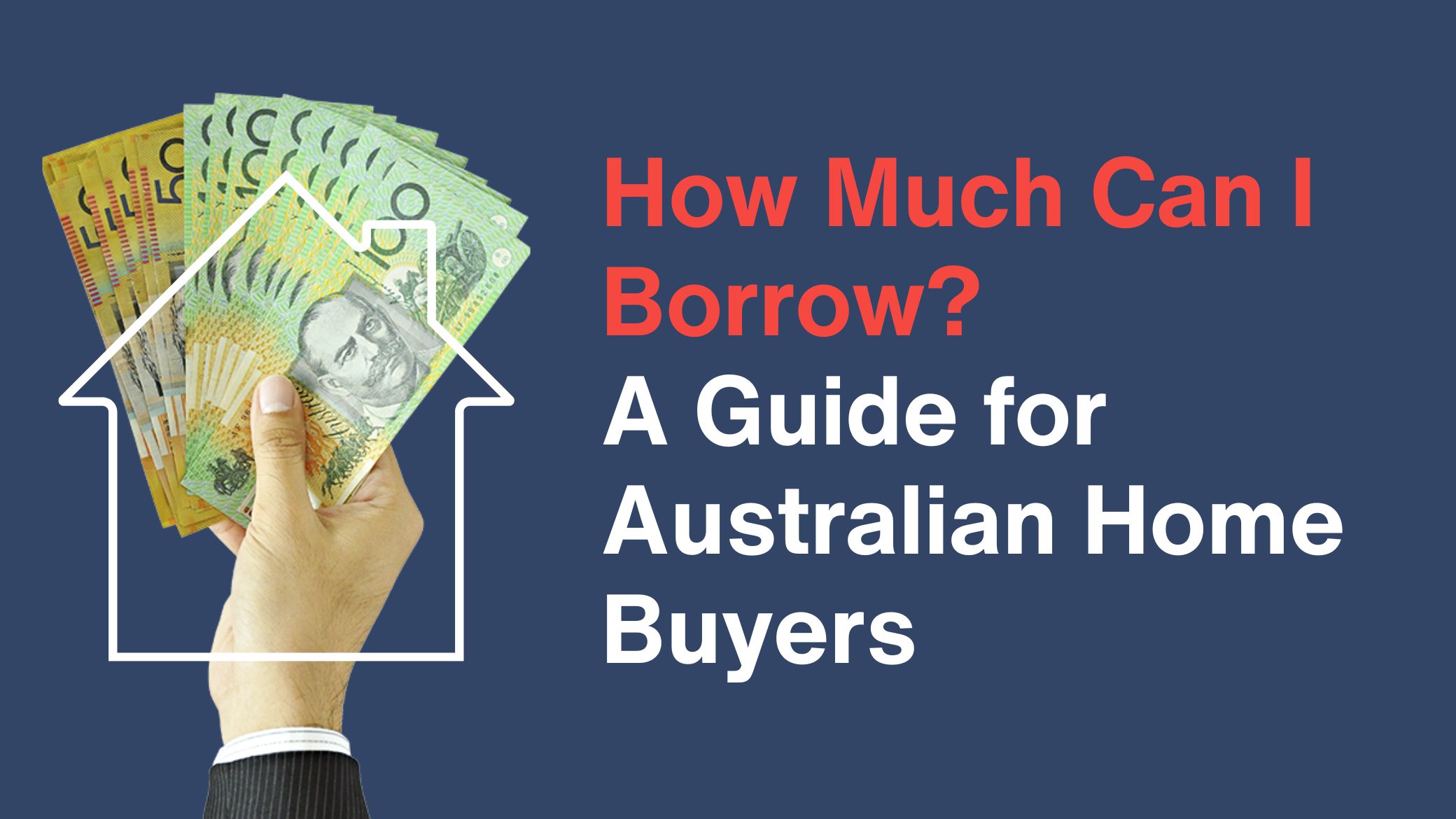How Much Can I Borrow? A Guide for Australian Home Buyers
- May 5, 2025

Buying your first home or next investment property? One of the first (and most important) questions you need answered is:
How much can I actually borrow?
Get this wrong and you could waste months house-hunting in the wrong price bracket or get stung by a lender at the final approval stage. In this guide, we’ll break down how borrowing capacity is calculated in Australia, what lenders are really looking for, and how you can get a clearer picture using the free tools inside the Property Dollar app.
What is Borrowing Capacity?
Your borrowing capacity is the maximum amount a lender is willing to loan you for a property purchase. It depends on a range of financial and personal factors, including:
- Your income (including bonuses or rental income)
- Your living expenses
- Existing debts (credit cards, personal loans, HECS)
- Number of dependents
- Loan term and interest rate
Different lenders will assess these differently. That’s why your borrowing power can vary widely from bank to bank.
How Lenders Calculate Borrowing Capacity
Here’s a simplified version of what many banks use:
Formula:
(Net Monthly Income – Monthly Expenses – Existing Debt Commitments) ÷ Estimated Loan Repayment = Borrowing Capacity
Lenders will then apply a “stress test” interest rate (usually 2-3% higher than current rates) to ensure you could still afford repayments if rates rise.
Example Table:
| Criteria | Example Amount |
|---|---|
| Monthly Income | $8,000 |
| Monthly Expenses | $3,000 |
| Existing Loan Repayments | $800 |
| Buffer Interest Rate | 8.00% |
| Loan Term | 30 years |
| Estimated borrowing: | $600,000 – $650,000 |
But this is just an estimate. Want the real number?
Use the Borrowing Power Calculator inside the Property Dollar app to get a personalised result based on your actual income, debts, and property goals.
Factors That Can Increase (or Shrink) Your Borrowing Power
- Credit Score: A higher score can unlock better lending terms.
- Deposit Size: A larger deposit means lower risk for the lender.
- Income Stability: Full-time or long-term employment is seen as less risky.
- Debt Levels: High credit card limits and personal loans will lower your borrowing capacity.
Tip: Want to see how different debt levels or interest rates impact your borrowing? Use the Property Dollar calculator to run multiple scenarios.
Don’t Trust the Banks Blindly Bank calculators often overestimate borrowing power because they don’t include your real-life expenses. That’s why we built Property Dollar’s borrowing calculator with:
- Customisable expenses
- Tax deductions (if applicable)
- Multiple income streams
- Investor vs owner-occupier settings
This gives you a realistic, bank-ready number so you don’t get caught out.
What to Do After You Know Your Borrowing Capacity
Once you know how much you can borrow, your next steps are:
- Set your max budget. Factor in stamp duty and upfront costs.
- Use our “Where Can I Buy” tool to find suburbs that match your budget.
- Plan your repayments with our built-in Repayment Calculator.
- Track your progress with our savings goal and budgeting tools.
You’re not just buying a property. You’re building a plan.
And with Property Dollar, that plan stays in your pocket.
Final Word
Your borrowing power isn’t static. It changes with your income, debts, rates, and even your goals.
Instead of guessing, use smart tools to get ahead. The Property Dollar app helps you:
- Know what you can borrow
- Understand where you can buy
- Make faster, smarter decisions
And it’s 100% free.
Because informed buyers make better moves.
Ready to find your number?




